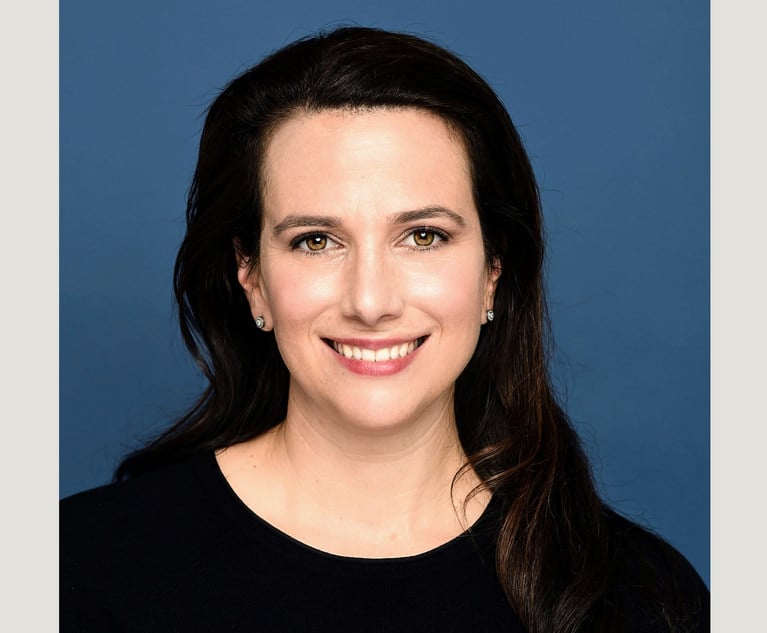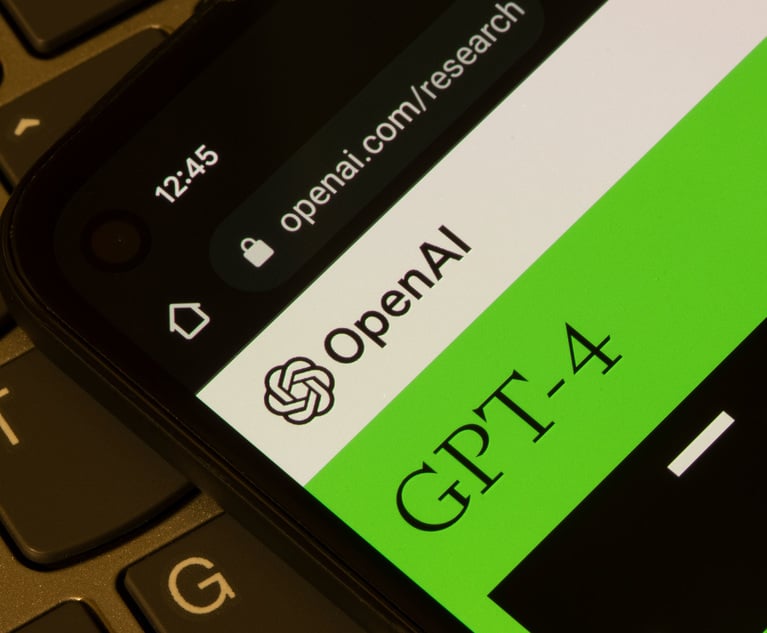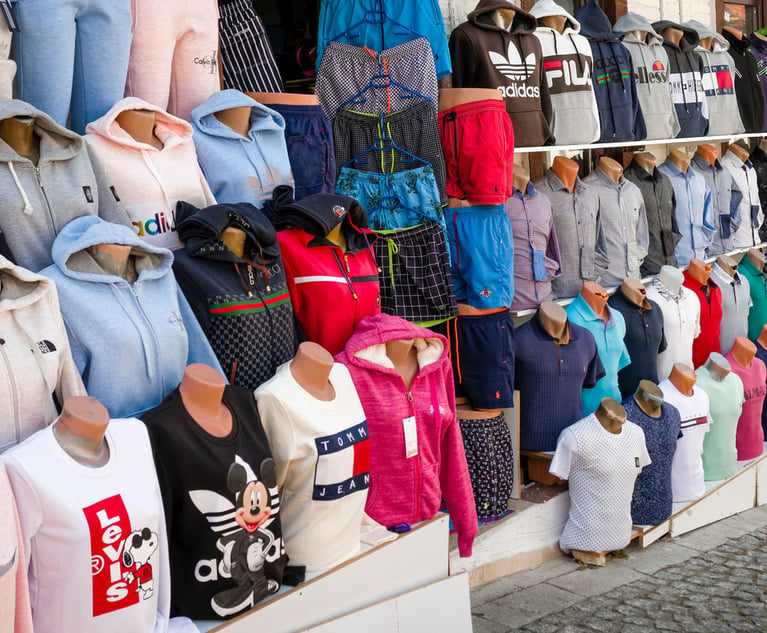On Sept. 25, Judge Stephanos Bibas (sitting by designation in the District of Delaware), determined that fact questions surrounding issues of fair use and tortious interference required a jury to decide media conglomerate Thomson Reuters’s lawsuit against Ross Intelligence, a legal-research artificial intelligence startup. Thomson Reuters, which owns legal research platform WestLaw, alleges that Ross infringed its copyright by illegally copying WestLaw’s short summaries of points of law that appear in judicial opinions (i.e., headnotes).
In recent months, technology companies have weathered lawsuits from authors, artists, programmers, and more traditional media companies. These plaintiffs argue that the use of their work to train generative AI software is copyright infringement. For example, at least two groups of authors allege that large technology companies used their work to train large language model (LLM) chatbots. In another instance, artists allege that Stability AI used the artists’ works to train Stability AI’s text-to-image generator to create AI-generated images “in the style of” those artists, referring to works that others would accept as works created by those artists. Similarly, Getty Images has initiated a copyright infringement suit against Stability AI for using Getty’s photos to train and create AI-generated images.

 L-R: Sushila Chanana, left, and Vanessa K. Ing, right, of Farella Braun + Martel. Courtesy photos
L-R: Sushila Chanana, left, and Vanessa K. Ing, right, of Farella Braun + Martel. Courtesy photos







